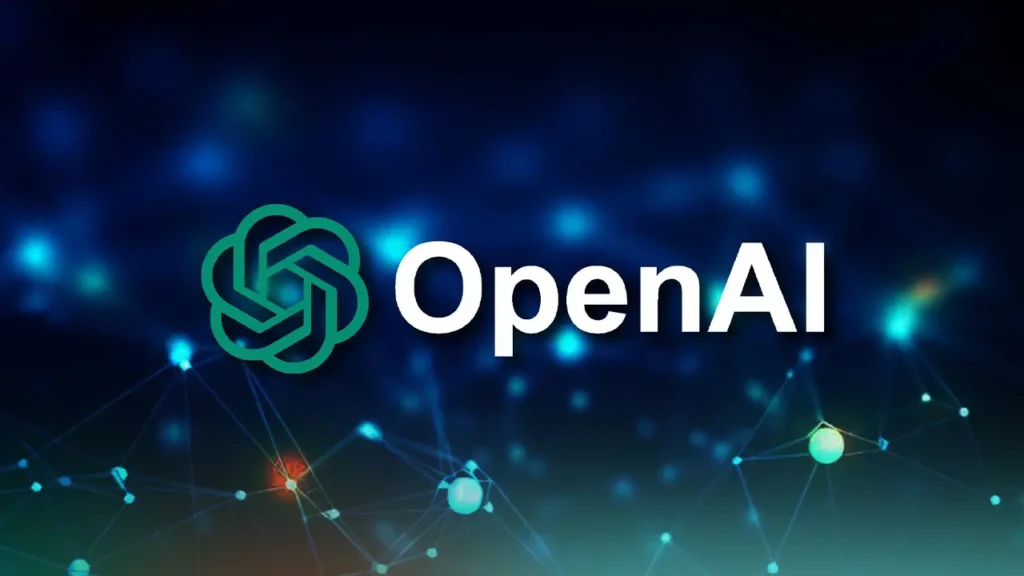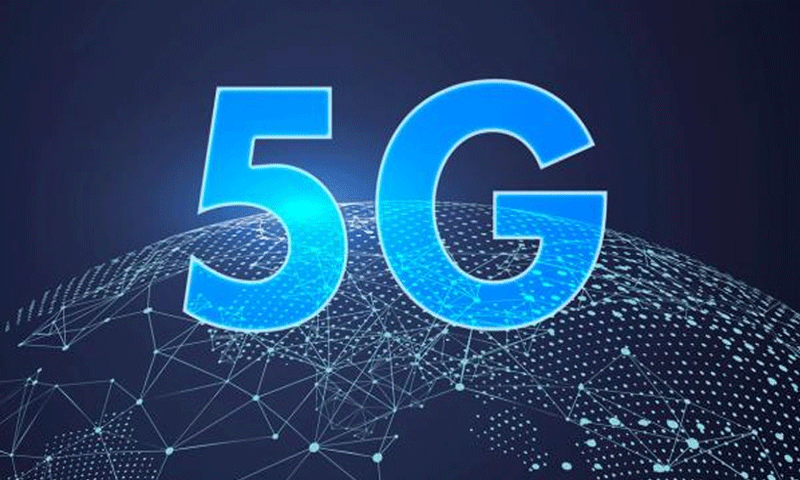- Web Desk
- Feb 16, 2026
OpenAI, Google AI models win gold at global maths olympiad in historic first
-

- Web Desk
- Jul 22, 2025

WEB DESK: Artificial intelligence models developed by Google and OpenAI have reached a major milestone by winning gold medal-level scores at the International Mathematical Olympiad (IMO), a prestigious global competition for high-school students.
This marks the first time that AI systems have crossed the gold medal threshold at the IMO, solving five out of six challenging maths problems. Unlike earlier attempts that relied on symbolic computation or formal logic, both companies used general-purpose reasoning models that interpreted problems in natural language – a method that more closely mimics human problem-solving.
Google DeepMind worked directly with the IMO to have its results graded and officially certified. In contrast, OpenAI did not formally take part in the competition but claimed similar success based on assessments conducted by three former IMO gold medallists. The company said its AI also solved five out of six problems from this year’s contest.
Junehyuk Jung, a mathematics professor at Brown University and visiting researcher at DeepMind, called the development a “turning point”. He believes AI could soon assist in solving complex and previously unsolved mathematical research problems.
“The ability to handle advanced reasoning tasks in natural language opens the door for meaningful collaboration between AI and mathematicians,” Jung told Reuters.
OpenAI’s success came from an experimental model that dramatically increased “test-time compute” – allowing the system to process problems for longer periods and explore many reasoning paths simultaneously. Researcher Noam Brown said the method involved “very expensive” computing power, though he did not reveal exact figures.
The breakthrough is seen by both firms as a sign that AI could soon contribute beyond mathematics, offering tools to solve problems in fields such as physics and engineering. Jung, who won an IMO gold medal in 2003, said this evolution in AI reasoning could have wide-reaching implications for scientific research.
This year’s IMO took place on the Sunshine Coast in Queensland, Australia, with 630 students from around the world competing. About 11 per cent of them – 67 students – earned gold medals. In 2023, Google’s AI had achieved only a silver-level score. This year, it used a newer general-purpose model, Gemini Deep Think, which was introduced at Google’s developer conference in May.
According to Google, its model solved problems in natural language within the official 4.5-hour competition window. OpenAI also developed a custom version of its reasoning model for the IMO, though it has no immediate plans to release it to the public, according to a post by OpenAI researcher Alexander Wei.
The 2025 competition was the first to officially coordinate with AI developers, who have long used maths competitions to test and benchmark AI capabilities. Google’s results were reviewed and certified by IMO judges, who requested that all AI participants hold off on publishing results until July 28.
“We respected the IMO Board’s original request that all AI labs share their results only after official verification and after student participants received the recognition they deserved,” Google DeepMind CEO Demis Hassabis said on social media platform X.
OpenAI, which released its results on Saturday, said it received permission from a board member to publish after the closing ceremony. IMO Board President Gregor Dolinar confirmed that AI participants were allowed to publicly share their results starting Monday.




